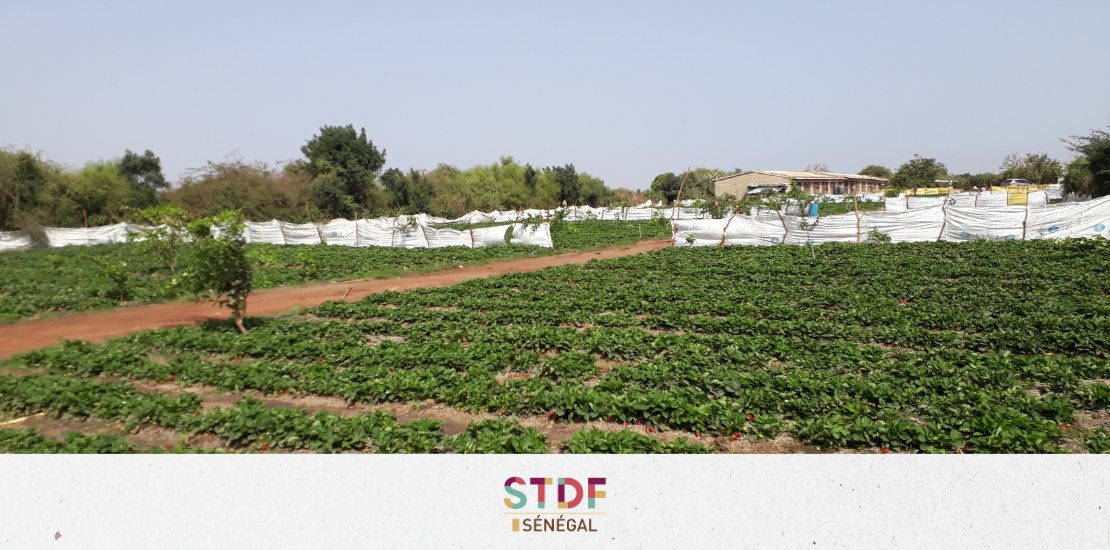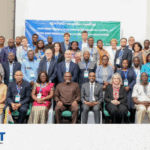- 10/06/2025
- Posted by: Christelle Bento
- Category: ACP EN, Corp EN, Headline, News

As part of the STDF/PG/946 project, COLEAD collaborated with the Senegalese Ministry of Agriculture’s Plant Protection Directorate (DPV) to organise a workshop on 6–7 May, focusing on revising existing phytosanitary legislation.
A structured approach was adopted to align with international standards. The approach led by COLEAD and its partners aims to:
- conduct an in-depth analysis of the current laws and regulations governing phytosanitary control to ensure alignment with regional and international standards signed by Senegal, such as the International Plant Protection Convention (IPPC), the WTO’s SPS Agreement and the SPS measures of the African Continental Free Trade Area (AfCFTA) agreement;
- propose an update to the phytosanitary decree (dating back to 1960) and draft at least three implementing regulations (ministerial orders), which are considered a priority in order to address the shortcomings identified in the national phytosanitary framework;
- organise a validation workshop for the draft legislation in consultation with stakeholders from Senegal’s horticultural sector.
Inclusive participation and constructive dialogue
The workshop in Dakar brought together horticultural business operators, sector associations and Senegalese authorities, including legal experts from various relevant ministries. Initial feedback was very positive, and participants’ contributions were both rich and constructive.
The texts reviewed at this stage included: (1) The draft decree on phytosanitary regulation and (2) draft ministerial orders concerning (i) surveillance and pest control (ii) import-export phytosanitary inspections (iii) phytosanitary fees.
Gender considerations integrated into legal reforms. In line with the gender analysis carried out at the beginning of the project, certain legislative texts were revised to reflect key observations.
- Women tend to work more in small-scale agricultural units for subsistence or local markets.
- Women have limited access to technical support.
- Women in rural areas tend to have lower education levels and higher illiteracy rates.
- Village plant health committees are important in providing women with information.
- Female DPV inspectors often experience inappropriate behaviour from operators.
The “STDF/PG/946 ” project is funded by the WTO’s Standards and Trade Development Facility (STDF) at the request of the Senegalese Ministry of Agriculture, Rural Development and Food Sovereignty’s (MAERSA) Directorate of Plant Protection.





